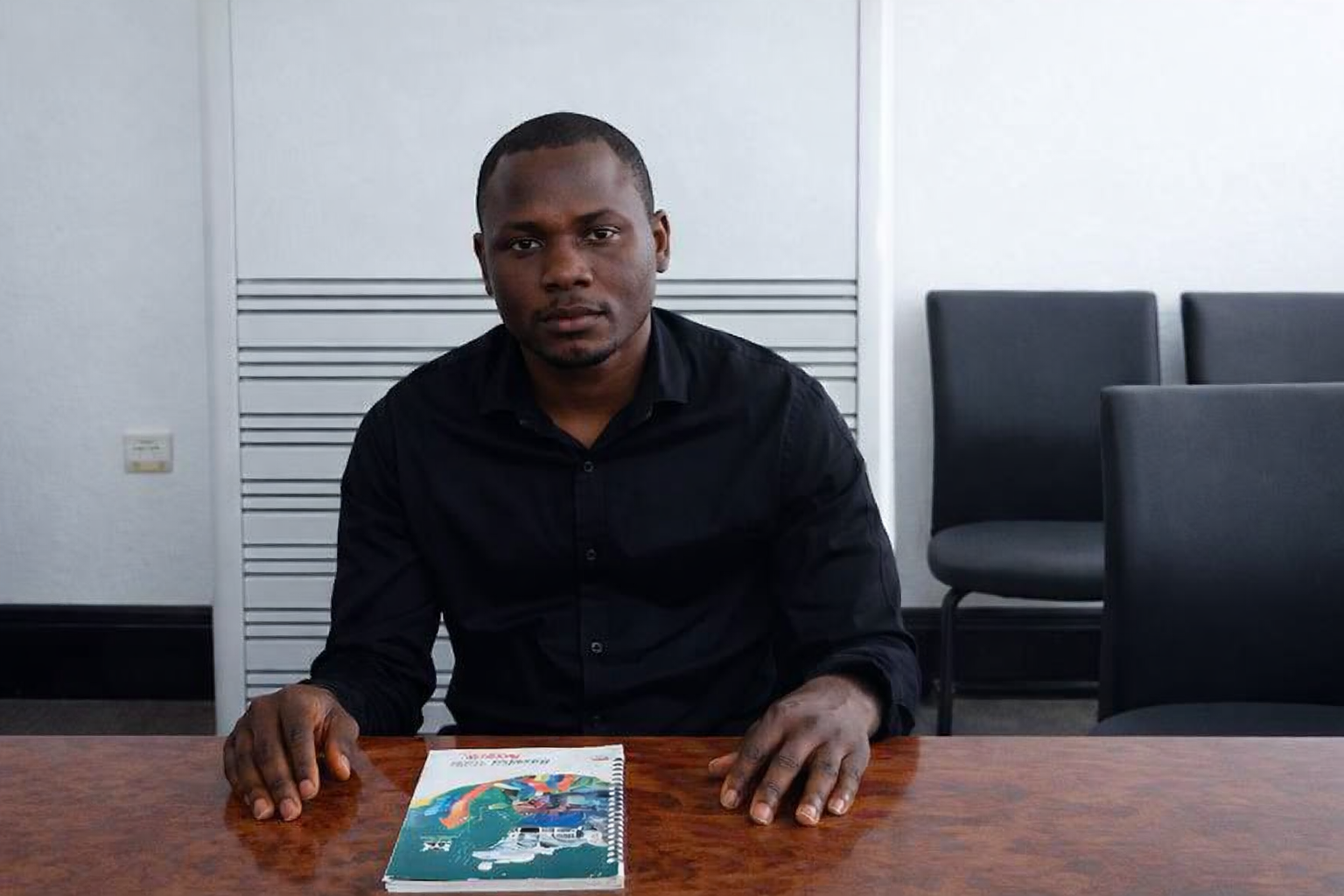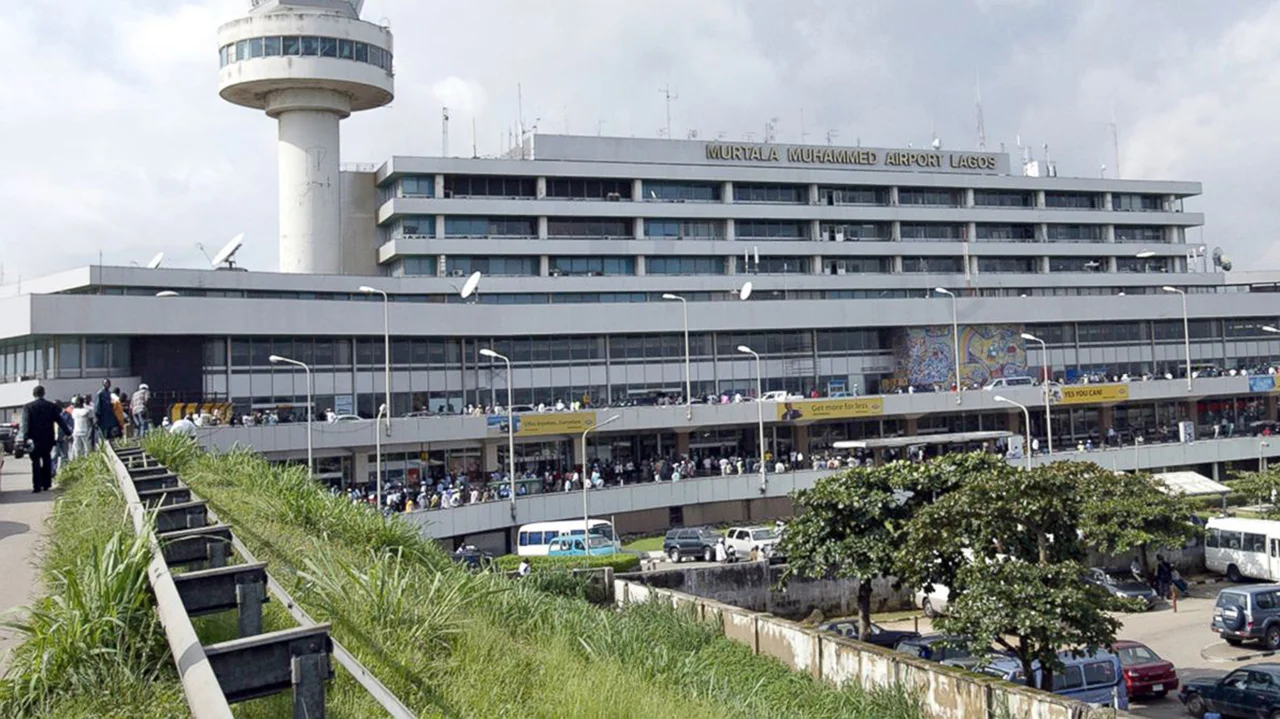By Ayoyinka Jegede, Uyo
At least 500 elderly persons across the 31 local government areas of Akwa Ibom State have received free medical treatment and assistive devices from the National Senior Citizens Centre (NSCC), as part of its outreach to promote elder care and empowerment in Nigeria.
The outreach, held at the Primary Health Centre, Barracks Road, Uyo, also saw the disbursement of N6 million in grants to six senior-led cooperative societies, each receiving one million naira. Additionally, the NSCC held a workshop on Elder Abuse Awareness and Elder Justice Advocacy, alongside the unveiling of the economic empowerment initiative for older persons.
Director-General of NSCC, Dr Emem Omokaro, said the event was conducted in collaboration with the Federal Government and the University of Uyo Teaching Hospital (UUTH). She explained that beneficiaries of the assistive devices had been assessed by medical consultants in various specialities.
“We are here in Akwa Ibom because of our senior citizens. We’ve travelled across the country, and now we’re here to provide medical care, distribute assistive devices, and support our elders in managing chronic health conditions,” Omokaro said.
The devices distributed included wheelchairs, walkers, hearing aids, diabetes kits, walking frames, guide canes, commode chairs, and eyeglasses.
Speaking at the workshop and grant presentation, Omokaro called on state governments to domesticate the NSCC Act to strengthen the legal protection of older persons and make elder abuse a punishable offence.
She commended Governor Umo Eno for initiating the process of domesticating the Act in Akwa Ibom and for implementing inclusive policies, including social housing and welfare support for the elderly.
“The NSCC Act promotes initiatives that empower older citizens, enabling continuous learning and improved livelihoods. States must domesticate the Act to allow effective implementation and create legal consequences for elder abuse,” she said.
Omokaro also highlighted the agency’s partnerships with the National Human Rights Commission, NAPTIP, National Orientation Agency, and the Legal Aid Council, which she said form an ecosystem for elder protection.
“In today’s world, many elderly people are marginalised. The system itself becomes guilty when it fails to provide care. Elder justice means treating our older persons with fairness and equity,” she added.
Chairman of the technical session and former Vice Chancellor of the University of Uyo, Prof Enefiok Essien (SAN), said the workshop aimed to help senior citizens understand how to remain active and relevant.
“The goal is to show that ageing does not mean irrelevance. Living long means you will age — the priority should be ageing in good health,” he said.
READ ALSO:NSCC evolves guidelines for health, social care inclusion of older persons
Governor Umo Eno, represented by the Commissioner for Humanitarian Affairs, Princess Emem Ibanga, thanked President Bola Tinubu for appointing Dr Omokaro as NSCC Director-General.
He reiterated the state government’s commitment to elder welfare, citing several initiatives under his administration.
“We have constructed 174 ARISE Compassionate Homes across the 31 LGAs and provided N50,000 each to 600 elderly persons across all wards. We’ve enrolled hundreds of seniors in the State Health Insurance Scheme and are currently building a senior citizens’ home in Ibiono Ibom,” he said.
The governor also urged young people to show care and respect for older citizens in their communities.






